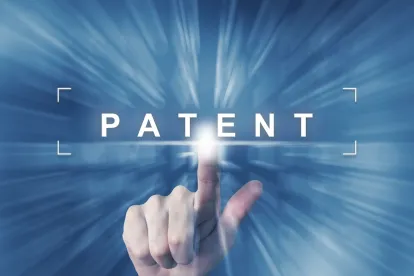The US Court of Appeals for the Federal Circuit found a licensor’s termination of a license agreement ineffective, concluding that a licensee’s activity outside of a “field of use” provision was not a material breach of that agreement. MACOM Technology Solutions Holdings, Inc., Nitronex, LLC v. Infineon Technologies, et al., Case No. 17-1448 (Fed. Cir., Jan. 29, 2018) (Prost, CJ).
Nitronex developed semiconductors using gallium-nitride and obtained several patents related to this technology. Nitronex sold its gallium-nitride patents to International Rectifier in 2010. At the same time, both companies executed a separate license agreement that licensed back to Nitronex certain rights under the patents. Both companies were later acquired and renamed, where MACOM was formerly Nitronex and Infineon was formerly International Rectifier. The license agreement included an Exclusive Field of Use provision for the gallium-nitride-on-silicon technology under which MACOM had certain exclusive rights to practice the licensed patents. Infineon notified MACOM that its activity in making and selling products using gallium-nitride-on-silicon-carbide technology, a technology outside of the Field of Use provision, was a material breach terminating the license agreement. MACOM obtained a preliminary injunction against Infineon for wrongful termination of the license agreement. The injunction also declared Infineon’s termination ineffective and ordered Infineon to comply with the agreement. Infineon appealed.
The Federal Circuit affirmed entry of the injunction, vacated-in-part the injunction and remanded for further proceedings. Applying Ninth Circuit law, the Federal Circuit concluded that MACOM showed a likelihood of success on its wrongful termination claim, finding that MACOM could likely establish that its activity outside of the Field of Use provision did not breach the license agreement’s implied covenant of good faith and fair dealing. The Federal Circuit explained that use of the term “only” with the Field of Use language did not suggest any additional promise or obligation by MACOM not to exceed the Field of Use, dismissing the notion of supplementing Infineon’s mere promise not to sue with a contractual obligation of MACOM.
The Federal Circuit also concluded that there was a sufficient causal nexus between Infineon’s termination of the license agreement and harm to MACOM. The Federal Circuit explained that losing the license exclusivity would harm MACOM “merely by virtue of its customers’ perception that it no longer holds an exclusive license” if the termination was effective, noting that MACOM would have difficulty competing alongside Infineon for the same business without the exclusivity provided by the license agreement.
Finally, the Federal Circuit vacated portions of the injunction enjoining future infringing acts without reference to any particular adjudicated infringing products as violating the specificity requirements of Fed. R. Civ. P. 65(d), and portions of the injunction enjoining Infineon from granting licenses or sub-licenses to the licensed patents in the Exclusive Field without evidence of Infineon breaching or threatening to breach a contractual provision. The case was remanded to the district court for further proceedings.



 />i
/>i
